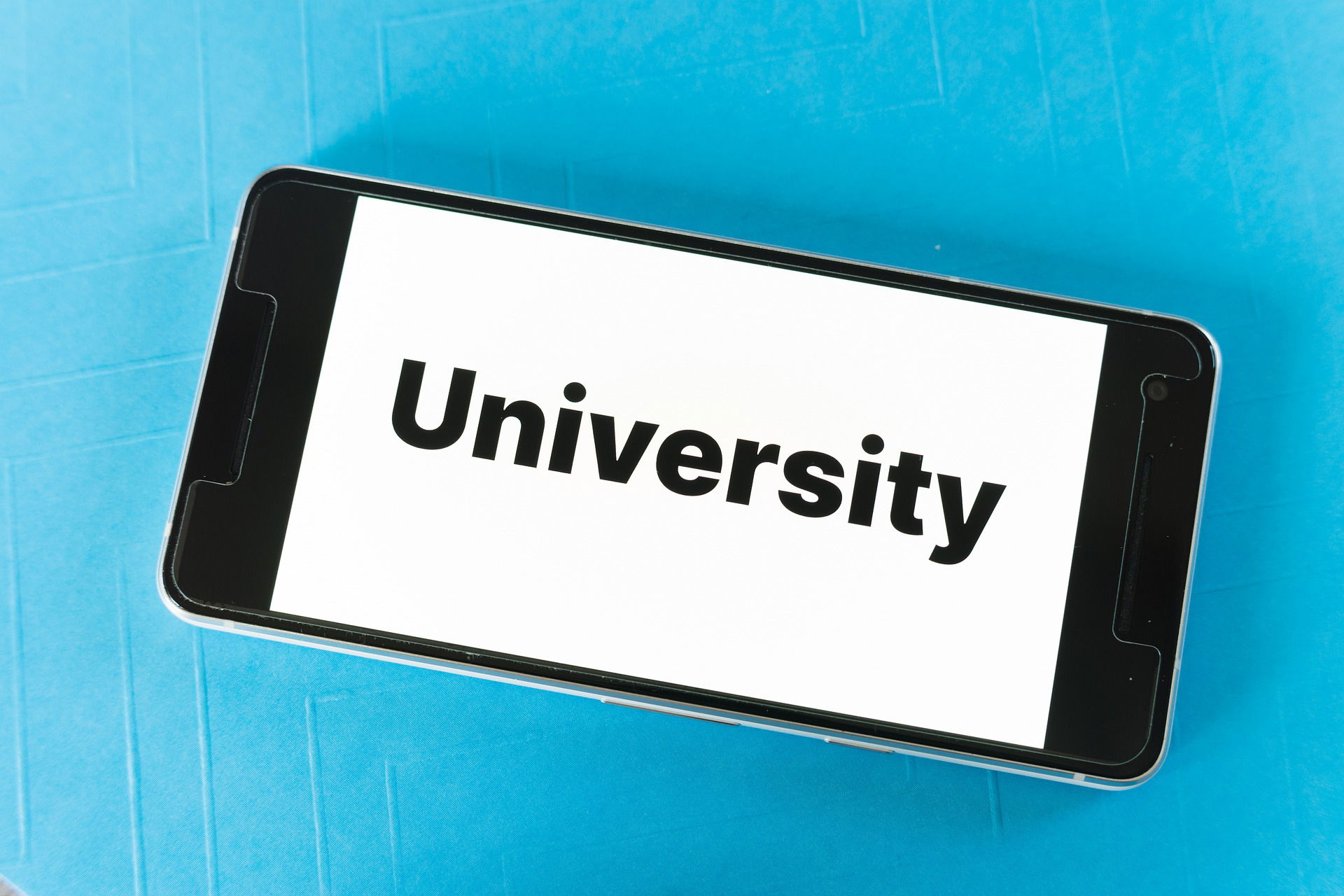My Assignments
Tackling academic writing & conquering those 6,000 words twice...
As part of my teacher training year, I had two 6,000-word assignments to write. They earned me 60 university credits and went towards my PGCE. It had been years since I'd written an essay, and level 7 academic writing was very different from the chatty scripts I'd been used to writing on Lorraine. I'd forgotten all about referencing and forming an appendix, and I had to refresh myself on all those academic details.

My university had a Writing and Learning Centre, which was a support service to help students and staff with their academic work. Students were able to book two one-to-one appointments per assignment to receive feedback and advice from an academic expert. The service was very popular among students, and booking appointments early was key to securing a slot. I booked an online appointment for my first assignment and had written the majority of it before the meeting. Ahead of my appointment, I emailed my assignment to the expert, and he emailed it back to me at the start of our meeting.

Having read my assignment, he'd highlighted numerous sentences and left comments throughout the document. During the meeting, he discussed his highlights and comments with me and gave me invaluable feedback on my writing style and structure. I made notes throughout the meeting and was able to go away and make the necessary tweaks and improvements. The Writing and Learning Centre was an excellent service, and I would highly recommend it. As a career changer who hadn't written an essay for decades, the feedback and support were invaluable.

My first assignment had to be submitted by 5pm on 17 January, and the second had to be submitted by 5pm on 16 May. They were both submitted online, through my university's portal, which was a big change from how things were done in the early 2000s. I had nearly 4 months to work on each assignment while teaching full-time and juggling observations, placements, and my termly review presentations. It really was a juggling act, and weekends and holidays became prime time to study, do research and write my assignments. My tutor was able to give me a two-week extension on my assignment deadlines, and I requested one for my second assignment. Due to illness and my broader school experience dates, the extension was really helpful.

My university and Teach First training days related to my assignment modules, and I had workshops on different assignment focus areas. I was given a suggested timeline for each assignment (as a potential time management tool) and a suggested reading list. Having the generic assessment criteria was also really helpful, and I had access to example essays. They'd been written by previous trainees and were available through my university's online portal.

I read widely for each assignment and critically analysed the evidence for any pedagogy, research, or theory that I discussed. Being critical and considering the evidence for and against an argument was essential in achieving level 7 academic writing. My university's online library was a great resource for books and journals, and it was my go-to destination.

My first assignment was part of my Emerging Philosophy of Teaching and Learning module. It allowed me to explore my developing philosophy of education and establish if my school's philosophy was contradictory to my own. I researched philosophical perspectives on education, such as realism and idealism and theories of education, such as behaviourism. As part of my literature review and research critique, I discussed the many competing theoretical perspectives and evaluated the impact they had on my philosophy. I also outlined the educational research that influenced my practice and evaluated the impact it had on my philosophy. I explored whether I lean more towards a traditional or progressive approach to teaching and learning and whether I had any cognitive dissonance.

Incorporating what I'd learned from my research and readings into a sequence of lessons was the practical aspect of my assignment. I chose to focus on questioning, and I had to analyse how my readings informed the planning of my sequence of lessons. Following each lesson, I used a reflective model (e.g., Gibbs' What? So What? Now What? model) to analyse the impact of the changes on my practice.

My second assignment was part of my Leading Learning in Communities module, and it was slightly more practical. I had to design, implement and evaluate an intervention to limit the barriers or maximise the assets of the community. As part of my assignment, I explored the community that I taught in, as well as my school's context and community. I studied my school's diversity data, pupil premium figures and the previous year's phonics results. My intervention focused on reading for pleasure and involved me working with my class and parent community. As with my first assignment, I had to read widely and critically analyse research on literacy and reading for pleasure.

I devised a reading survey for my class to complete in school and a survey for my parent community. The aim of the surveys was to collect data on home reading habits and to understand how pupils and parents felt about reading. My pupil survey confirmed the small group of children who I'd specifically focus on during the intervention, and their parents highlighted some interesting data. The four-week intervention allowed me to successfully engage with my parent community and showed some success in promoting reading for pleasure.

My university tutor was always on hand to answer any questions about my assignments, and my 'perfect partner' (another teacher at my school) was also super helpful and supportive. She'd done them both the previous year and knew exactly what I was going through.

The essays were another hugely intense part of my training, and I was really proud of my tenacity and commitment to completing them. After years away from education, it was good to learn again and to stretch my brain. I was fully immersed in higher education, reading government reports, papers and journals. I valued being able to study a wide range of educational research and knew that I'd be a more informed practitioner as a result. I learned a great deal about teaching and learning, and my philosophy of education developed and evolved. The first assignment was somewhat of a baptism of fire, but I successfully passed them both and made significant improvements in my second assignment. My results were available online, around three weeks after my submission date, and I was thrilled that I didn't need to resubmit them :).
